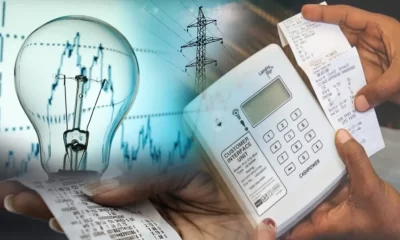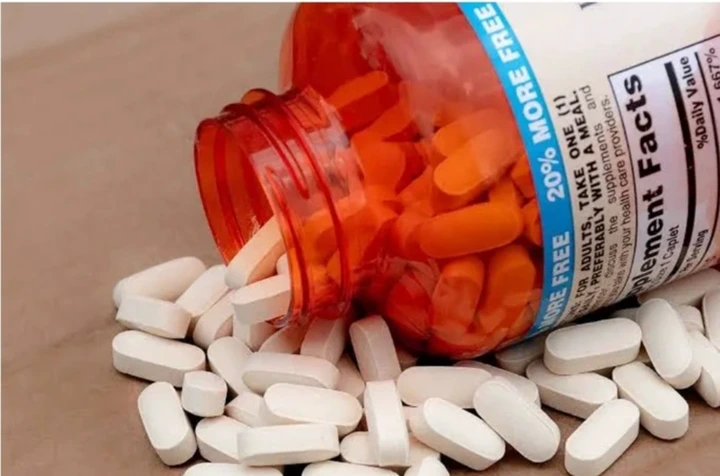According to experr, if you are taking medication for hypertension, there are some things you should do in order to recover as rapidly as possible. If you do these things, you will feel better and recover from your illness more quickly. The following is a list of six things that you ought to do:
First, you and your physician should not stop taking the medication all of a sudden; rather, you should gradually reduce the amount of medication you take until you are no longer taking it.
As soon as you take your first dose of medication, you should immediately begin keeping a daily record of your blood pressure readings. When you initially open your eyes in the morning, be sure to jot down the time and date, as well as your blood pressure and heart rate.
Bring your journal with you to your primary care doctor’s appointment in three months, and make sure it contains all of the information that was just discussed. As a consequence of this, your physician will be able to decrease the amount of medication that you take. If you are already taking 10 milligrams, your doctor may recommend that you take 5 milligrams instead of the 10 mg dose.
After a predetermined amount of time has passed, your physician may suggest that you begin taking 2.5 milligrams of the medication. After a certain amount of time has elapsed, you can come to the conclusion that you no longer require the medication. The change will gradually take place over the course of time.
Third, you have to go out and purchase a tool that will provide you the ability to check your blood pressure without having to leave the convenience of your own house. This will make it possible for you to monitor the first three months and see any shifts that may have occurred as a result. Let us keep our fingers crossed that in the subsequent three months everything have settled down.
Beginning in the fourth month of the next quarter, you are required to check in at least once every week, preferably over the course of a weekend. This activity will need to take place on a weekly basis for the next three months. After that, you should come back once every month, preferably on either the first or the last day of each month.
After you have successfully weaned yourself off of your medication, you should continue to do this as a preventative step even if you are no longer dependent on it. After that, you should inspect it once every three months. Those who battle with hypertension and want to monitor their health and strive toward a solution that is permanent should use this strategy because it is the most reliable.
Taking your medication as directed and announcing that you are well are not sufficient actions to take if you are not monitoring any aspect of your health. It is not impossible to put one’s own life at danger. You need to schedule an appointment with your primary care physician as soon as possible.
Collaborate with people who are willing to be of assistance to you, and make it a top priority to implement all of the guidance that you are provided.
5. You are going to need to make a concerted effort to stay away from foods that are known to cause an increase in blood pressure. Steer clear of foods that studies have found to raise your chances of developing cardiovascular disease. You need to get your sugar and cholesterol levels, as well as your weight, back to healthy ranges.
Be quite certain that you are up to the challenge of your new fitness program before you start it, particularly if you intend to sign up for a membership at a gym and put yourself through a strenuous exercise routine there.
You may begin with a warm-up that lasts five minutes, gradually raise it to thirty minutes, and then work your way up to an hour, or you could get examined first. As a result of this, you won’t be required to put your life in danger.

 Latest3 days ago
Latest3 days ago
 Crime4 days ago
Crime4 days ago
 Editorial1 week ago
Editorial1 week ago
 Agribusiness6 days ago
Agribusiness6 days ago
 Business7 days ago
Business7 days ago
 Business4 days ago
Business4 days ago
 Agribusiness4 days ago
Agribusiness4 days ago
 Featured7 days ago
Featured7 days ago

